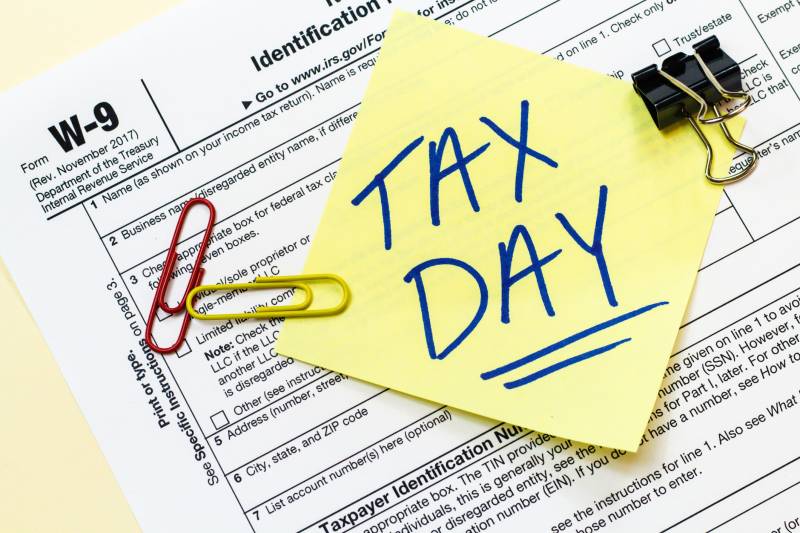Today, as millions of Californians rush to file their tax returns and apply for tax credits, state lawmakers are returning to Sacramento from an 11-day spring recess — and preparing to resume negotiations over the best way to put money back in residents’ pockets.
The two events are interrelated: The amount of tax revenue collected by the state will help determine the size, form and scope of the financial relief on which Gov. Gavin Newsom and legislators finally settle.
But Tax Day also is a reminder of the staggering divide between California’s haves and have-nots, which the state’s progressive tax structure brings out in stark relief: In 2019, the fewer than 100,000 Californians who earned at least $1 million paid about 40% of the state’s personal income taxes, according to data obtained by The Los Angeles Times.
By contrast, 77% of Californians who filed income tax returns that year reported an income of less than $100,000 — and 50% reported earnings below $50,000.
The financial precariousness many Californians experience was highlighted in a new poll from UC Berkeley’s Institute of Governmental Studies, and The Los Angeles Times:
- Sixty-four percent of California voters said they pay too much in state and federal income taxes, up 10 percentage points from six years ago.
- Forty-two percent of voters said they’re financially worse off than they were a year ago, double the 21% who said they were better off — the opposite of 2016, when about 48% of voters said they were financially better off than they were the prior year, nearly double the 25% who reported they were doing worse.
And even as California’s tight labor market helps some workers score higher wages — unions representing 47,000 grocery workers ratified a new contract Thursday that includes their biggest pay raises in decades — a whopping 8.5% year-over-year rise in the cost of goods is eating into those gains.

